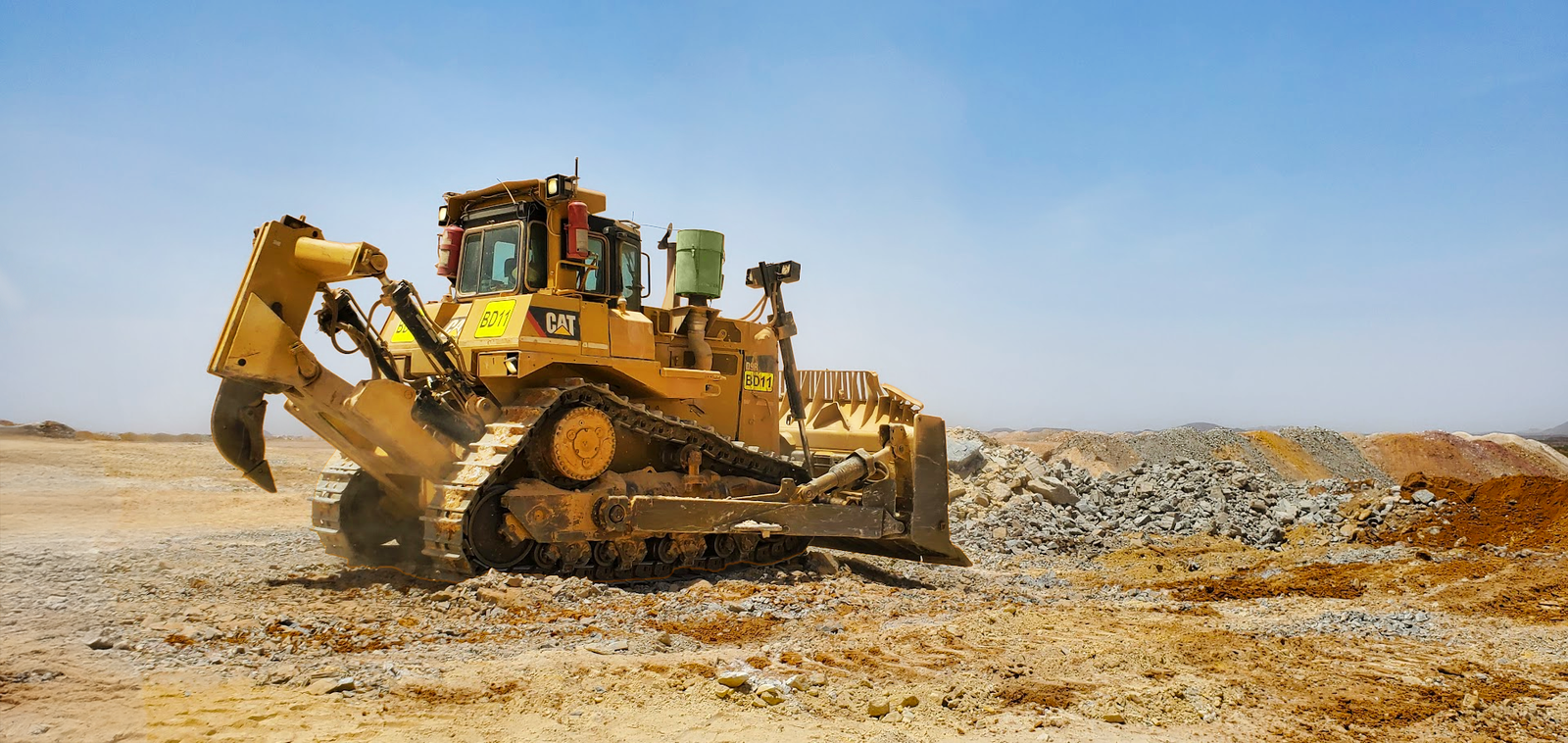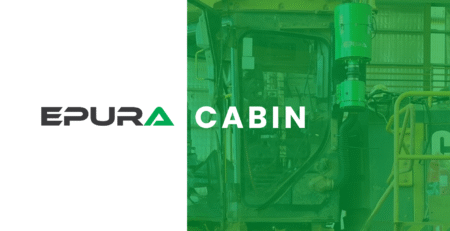Innovative Technologies Blog
Air Filtration in Mining: Enhancing Safety and Efficiency with Epura
In the mining industry, where heavy equipment like Komatsu excavators and trucks operate in harsh, dust-laden environments, air filtration isn’t just a technical detail—it’s a critical factor in worker safety, equipment reliability, and operational efficiency. Poor air quality can harm operators, clog engines, and lead to costly downtime. The Epura air filtration system, developed by Propulsa Innovations and distributed by Ready Resources, offers a groundbreaking approach to these challenges. This article explores how Epura’s self-cleaning technology improves safety, extends filter life, and reduces downtime, ultimately saving money for mining operations.
The Risks of Dust in Mining Operations
Mining environments are notorious for high dust concentrations, from silica to bauxite particles. These pose serious risks:
- Health Hazards: Inhaling dust can cause respiratory issues, allergic reactions, and long-term health problems like silicosis, a major concern for operators in HEM vehicles.
- Equipment Wear: Dust clogs air filters, reducing engine performance and increasing fuel consumption by 10–25% when filters are obstructed.
- Downtime Costs: Frequent filter replacements require equipment to be taken offline, disrupting production and increasing labor costs.
Traditional filtration systems, while initially effective, often clog quickly, necessitating frequent maintenance. This not only drives up costs but also compromises safety and efficiency.
How Epura Revolutionizes Air Filtration
The Epura system stands out with its patented self-cleaning technology, designed specifically for dusty environments. Unlike conventional filters that require regular replacement, Epura uses low-frequency sound waves to clean its high-efficiency PTFE-coated Spunbond membrane filter, which removes 99.73% of particles as small as 0.3 microns. Here’s how it delivers value:
- Extended Filter Life: Epura’s self-cleaning mechanism eliminates the need for frequent filter changes. In tests, filters lasted over 12 months without replacement, compared to daily changes in some high-dust settings. This drastically reduces maintenance frequency.
- Minimized Downtime: The cleaning cycle, lasting about 10 seconds, occurs during routine engine stops (e.g., shift changes or breaks), ensuring minimal disruption. This keeps HEM vehicles like Komatsu’s operational, boosting productivity.
- Cost Savings: By reducing filter replacements and downtime, Epura delivers significant savings. For example, Rio Tinto reported annual savings of over $21,000 per vehicle on engine filter changes and $38,000 on cabin filter changes, with total maintenance-related savings exceeding $60,000 per vehicle.
Safety First: Protecting Operators
Beyond operational benefits, Epura prioritizes operator health. By maintaining clean air in cabins and engines, it reduces exposure to harmful dust particles, aligning with stringent health and safety standards. The system’s ability to maintain consistent air quality also prevents performance drops in equipment, ensuring operators can work efficiently without risking breakdowns due to clogged filters.
Why It Matters for Mining Leaders
For business leaders managing mining fleets, Epura offers a compelling case: fewer filter changes, less downtime, and healthier operators translate to a stronger bottom line. The system’s long filter life and self-cleaning design mean you’re not just maintaining equipment—you’re investing in reliability and safety. In an industry where every minute of uptime counts, Epura ensures your Komatsu vehicles and workforce stay productive, safe, and cost-efficient.



